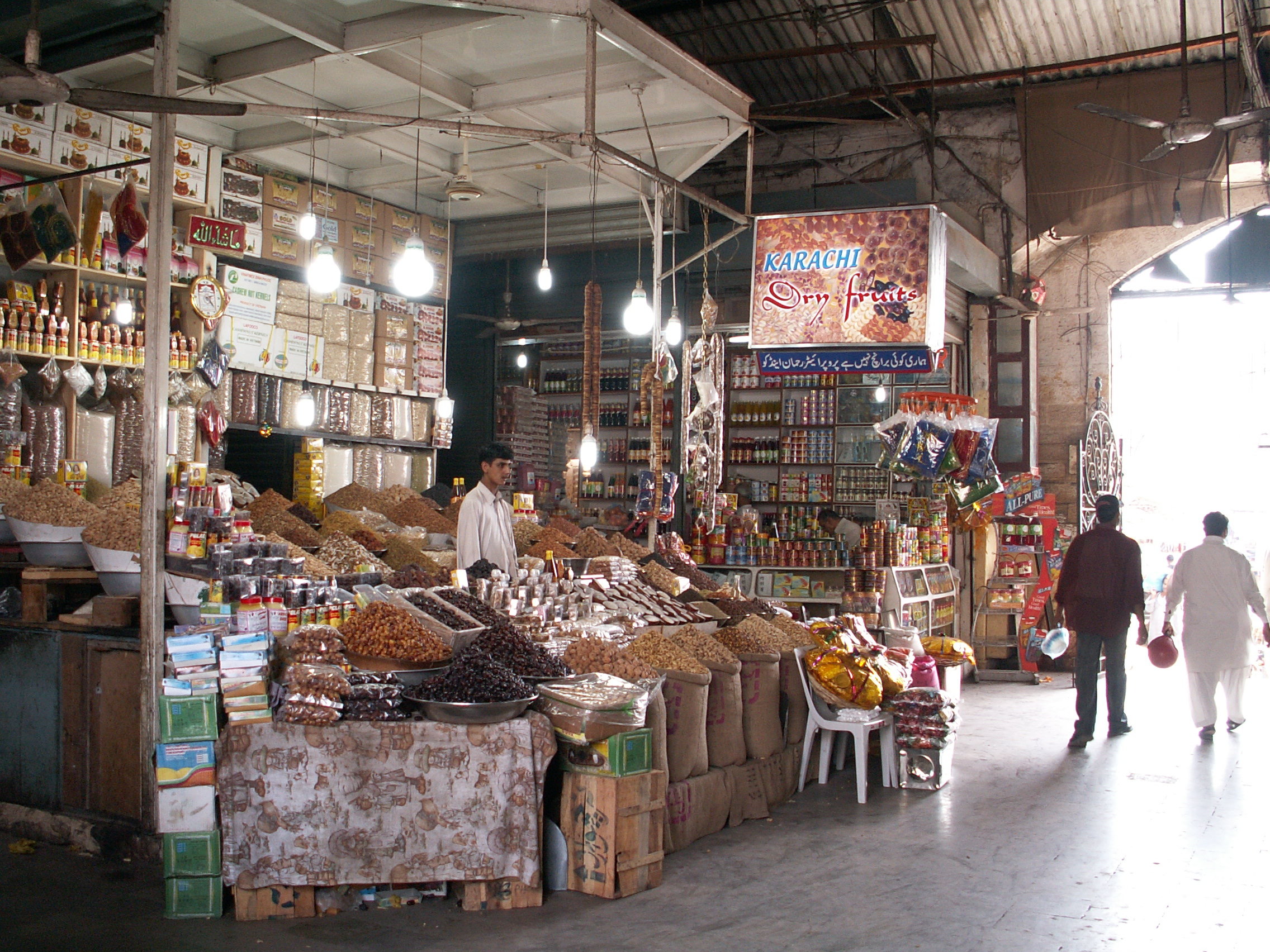
Pakistan has made significant development progress since its independence, 77 years ago, as measured by some key social indicators. Health and education services have expanded and improved, and life expectancy has increased from 59 years in 1990 to 68.4 in 2018. Infant and maternal mortality rates have dropped, as have illiteracy rates.
In the late-1990s, Pakistan was in a position of extreme vulnerability, and, after a decade of inward-looking policies, in November 1999 the country embarked on a significant economic reform program and has since achieved considerable improvements.
The country has an agricultural economy with a network of canals irrigating a major part of its cultivated land. Wheat, cotton, rice, millet and sugar cane are the major crops. Among fruits: mangos, oranges, bananas and apples are grown in abundance in different parts of the country. The main natural resources are natural gas, coal, salt and iron. The country has an expanding industry. Cotton, Textiles, sugar, cement, and chemicals play an important role in its economy. It is fed by vast hydroelectric power.
